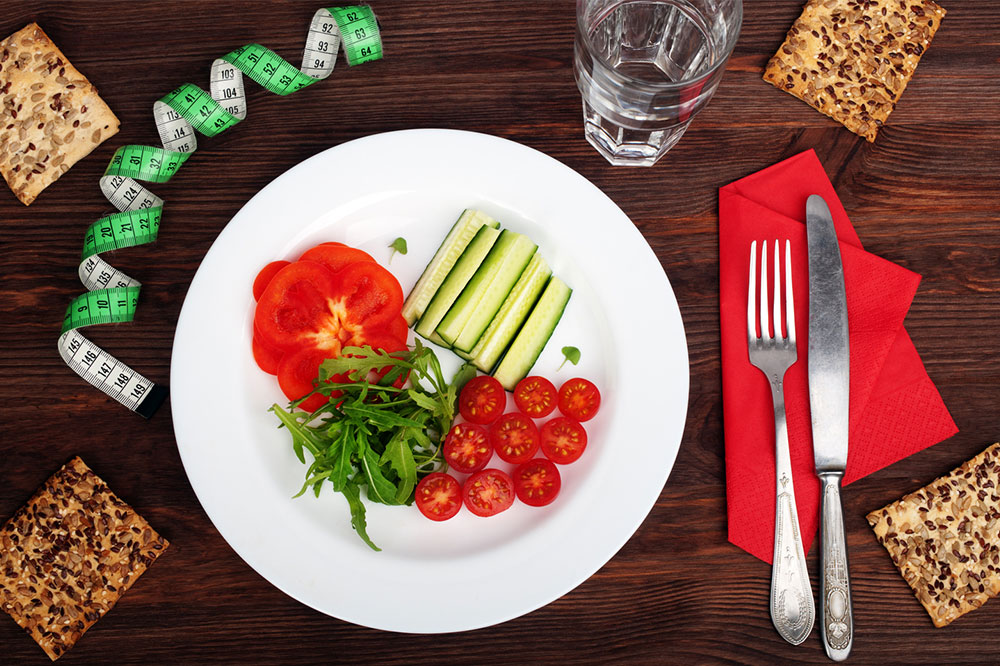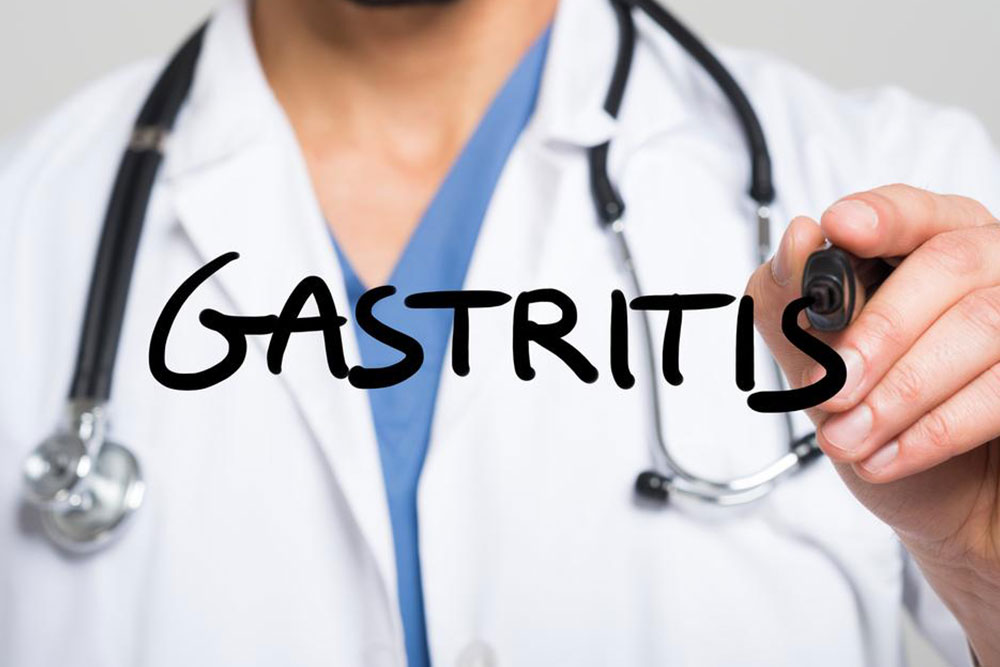Effective Dietary Strategies for Managing Gastritis
Discover practical dietary tips to manage and alleviate gastritis symptoms effectively. Learn about foods to include, lifestyle changes, and risk factors to help reduce inflammation, prevent complications, and promote healing. Consulting a healthcare provider for personalized treatment is recommended for optimal health management.

Effective Dietary Strategies for Managing Gastritis
Indigestion issues are common, but persistent discomfort may point to gastritis — an inflammation of the stomach lining caused by factors like bacteria, stress, or diet. Symptoms include stomach pain, nausea, and burning sensations. If untreated, gastritis can lead to ulcers or even stomach cancer. The primary cause is Helicobacter pylori infection. Dietary choices play a vital role in managing symptoms; eating the right foods and modifying eating habits can significantly reduce inflammation and prevent flare-ups.
While no specific diet cures gastritis, certain foods and lifestyle changes can ease symptoms. Incorporate anti-inflammatory and antibacterial foods like yogurt and broccoli, which help combat H. pylori bacteria. Broccoli contains sulforaphane, beneficial for reducing inflammation and lowering stomach cancer risk. Yogurt supplies good bacteria to fight infection. Additional helpful foods include herbal teas, honey, olive oil, berries, celery, and apples. Eating smaller, more frequent meals instead of large ones reduces acid production, while staying hydrated with water and avoiding alcohol helps inflammation. Consulting a doctor before adding supplements like probiotics or omega-3s is advised, as some may interfere with treatment.
Avoid fatty, salty, or spicy foods that can irritate the stomach lining. Smoking worsens symptoms, and stress increases stomach acid, hindering healing. Incorporate stress management techniques for better recovery. Risk factors include excessive alcohol intake, obesity, smoking, drug usage, high-fat diets, and regular use of NSAIDs such as ibuprofen or aspirin. Reducing or eliminating these factors can decrease the likelihood of gastritis and ulcers.









